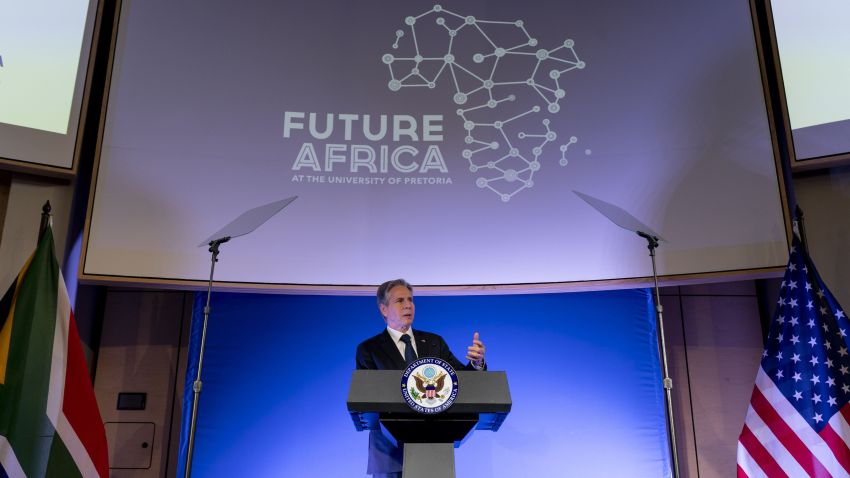As U.S. Secretary of State Antony Blinken visits South Africa, the Democratic Republic of Congo and Rwanda this week on his second tour of the continent since taking office, he will encounter a much-altered landscape. In March, Washington got a wakeup call it was not expecting when, in a United Nations General Assembly vote, nearly half of the countries refusing to condemn Russia’s invasion of Ukraine were African.
But that this vote was a surprise demonstrated both Washington’s deafness to long-standing complaints on a range of issues from many African countries, and its blindness to its own hypocrisy toward bilateral relations with countries on the continent. The growing assertiveness of African countries, individually and collectively, in global affairs, as well as their bristling at the historic power dynamics between the West and Africa, has been building since well before the Trump administration defined the growing great power competition on the continent in zero-sum terms.
This mounting frustration comes in response to a long-gathering climate crisis that the continent as a whole didn’t contribute to, but for which many of its inhabitants and governments are bearing the greatest cost—from encroaching deserts to parched water sources. It is also a response to the health care chasm that throughout the coronavirus pandemic has seen citizens of the Global North receive as many as four COVID-19 vaccines per person, while nearly 75 percent of Africa’s 1.4 billion people have yet to be fully vaccinated. And it’s a result of a global energy crisis that is today seeing industrialized countries restarting coal-fired power plants while denying African countries the financing needed to exploit their own oil and gas resources domestically because they aren’t renewable.

